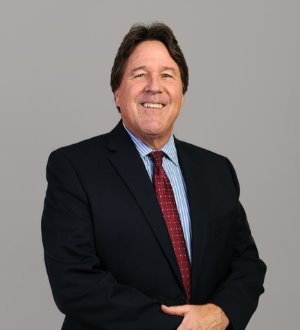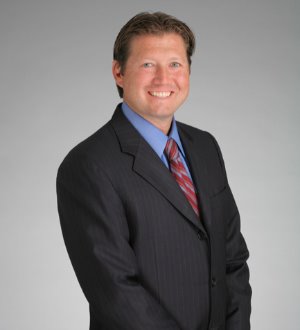Best Lawyers in Pennsylvania, United States for Workers' Compensation Law - Employers
Practice Area Overview
Begun in England with the recognition that normal lawsuits took too long and were too uncertain for industrial injuries, the trend reached the United States, and individual states started amending their constitutions and passing statutes, first voluntary, then mandatory, to provide no-fault systems with statutorily prescribed amounts of payments to injured workers or to the families of deceased workers whose injuries occurred on the job. In return for the “no-fault” system, employers received what has turned out to be limited immunity from lawsuits by injured workers.
Today, most states’ systems include private insurers who can write coverage nationally, with the exception of Ohio, North Dakota, Washington, and Wyoming, which do not allow private primary insurance coverage, and instead have systems in which employers pay into a State Fund, or are allowed to self-insure. Employers’ lawyers, together with your insurance broker, can advise you on the advantages and disadvantages of self-insurance in the various states.
Although the workers’ compensation systems are “no-fault,” lawyers become involved in individual claims when there are disputes over whether the claimant was actually employed by the employer, whether injuries actually occurred on the job, whether conditions were pre-existing or arose from another cause, as well as issues regarding the extent of the alleged disability or impairment, the duration of weekly benefits, the relationship of medical bills to the original injury, and other issues. At that time, an Employers’ Lawyer can conduct an investigation for factual and surveillance evidence, collect medical records, have the claimant examined in an independent medical examination, and then defend and argue the employer’s case at administrative hearings and/or in court, depending upon that particular state’s system.
Some states have safety rules that are enforced through the workers’ compensation system by enhanced weekly payments or other benefits, and are apart from the federal OSHA system. Some states allow lawsuits outside of the workers’ compensation system by injured workers, in the case of perceived willful, intentional, or deliberate intent by employers, depending on the state.
Some states allow workers’ compensation attorneys to be designated as specialists. Generally, an employer should have a regular workers’ compensation defense attorney advising the employer, in addition to any third party administrator or other claims adjuster the employer might have, since the attorney’s perspective is that of one who must uphold the employer’s position at hearing or in trial. In some states, the defense attorney is not only paid by the insurance company, but the insurance company is the actual party in the case. In those instances, the employer might wish to consider having counsel to make sure that the insurance counsel is representing the employer’s interests adequately as they are obliged to do.

Select a city from the list below to find the best legal talent for your needs.
Cities


Our Methodology
Recognition by Best Lawyers is based entirely on peer review. Our methodology is designed to capture, as accurately as possible, the consensus opinion of leading lawyers about the professional abilities of their colleagues within the same geographical area and legal practice area.
The Process
Best Lawyers employs a sophisticated, conscientious, rational, and transparent survey process designed to elicit meaningful and substantive evaluations of the quality of legal services. Our belief has always been that the quality of a peer review survey is directly related to the quality of the voters.





